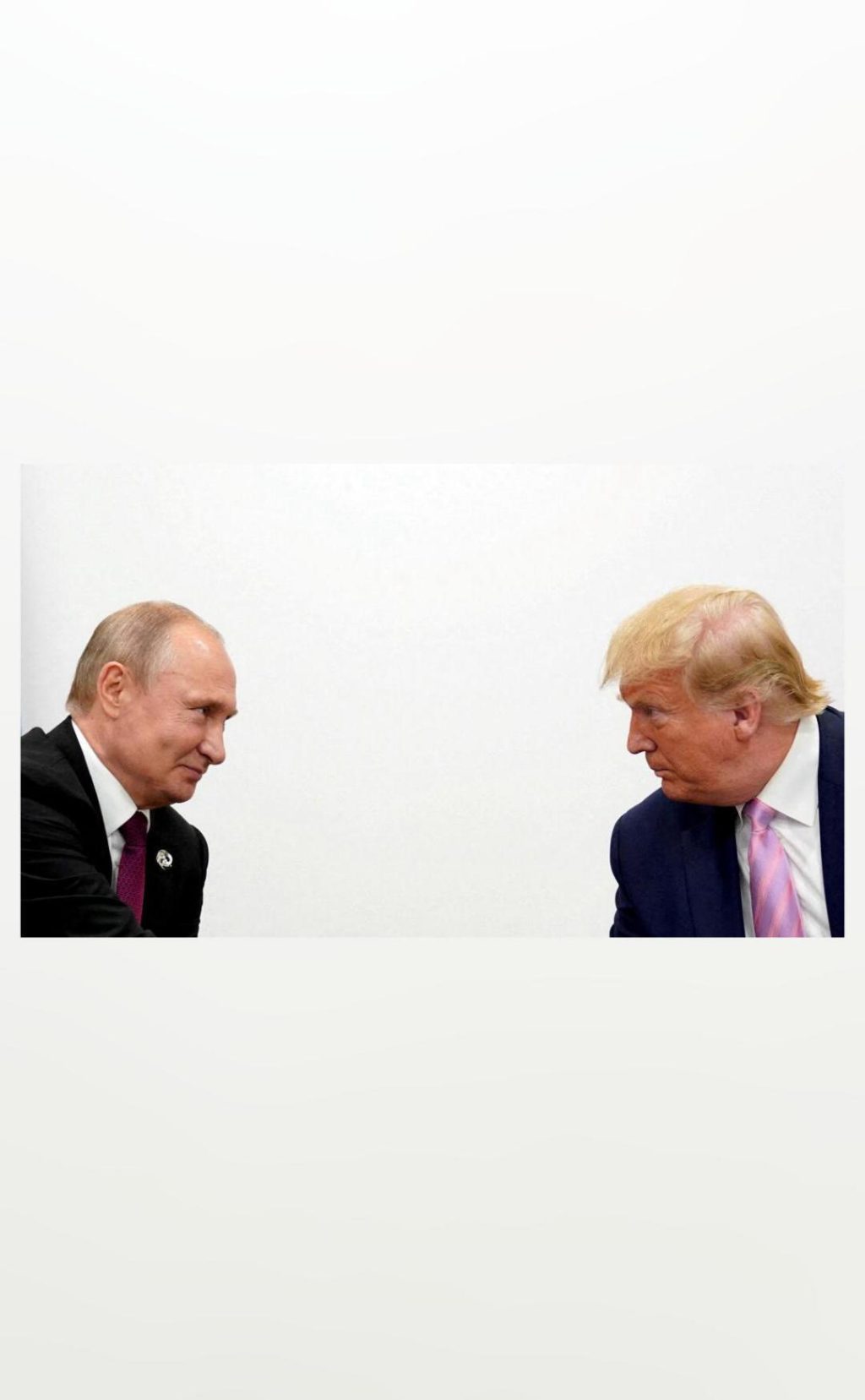
US Sides with Russia & Refuses to Blame it for Ukraine War at UN
The United States has taken a surprising turn by siding with Russia and refusing to blame it for the invasion of Ukraine, which completed its third year this week. In a vote on a Europe-backed UN resolution that demanded an immediate withdrawal of Russian troops, the US surprisingly joined Russia in voting against the resolution. This move has raised eyebrows as India, China, and Brazil abstained from voting.
The resolution, which was put forward by the European Union, demanded that Russia withdraw its troops from Ukraine immediately and respect the country’s sovereignty and territorial integrity. However, the US, along with Russia, rejected the resolution, citing the need for a diplomatic solution to the conflict.
This sudden shift in the US stance has left many wondering what led to this decision. Under former President Joe Biden, the US always voted with the Europeans on issues related to Ukraine. However, with the new administration in power, it appears that the US has taken a different approach.
The US Ambassador to the UN, Linda Thomas-Greenfield, explained that the US rejected the resolution because it did not provide a clear path forward for a diplomatic solution. She emphasized that the US is committed to supporting a negotiated settlement to the conflict and that the resolution did not provide the necessary framework for such a settlement.
Russia, on the other hand, has been vocal about its opposition to the resolution. The Russian Ambassador to the UN, Vassily Nebenzia, called the resolution “unbalanced” and “unrealistic” and claimed that it was an attempt to impose a political solution on the conflict.
The Ukrainian Ambassador to the UN, Sergiy Kyslytsya, criticized the US and Russia for rejecting the resolution, saying that it was a betrayal of Ukraine’s sovereignty and territorial integrity. He emphasized that the Ukrainian people have the right to live in peace and security, free from the threat of Russian aggression.
The vote on the resolution was not the only significant event at the UN this week. The UN General Assembly also held a session to commemorate the third anniversary of the Russian invasion of Ukraine. The session was attended by the UN Secretary-General, António Guterres, and the President of the General Assembly, Corli-Anne Hannover.
In his address to the session, Guterres emphasized the humanitarian crisis caused by the conflict and called for an immediate end to the fighting. He also urged the parties involved to engage in meaningful negotiations to resolve the conflict peacefully.
The President of the General Assembly, Corli-Anne Hannover, also addressed the session, calling for an end to the violence and for the parties to work towards a peaceful resolution. She emphasized that the international community has a responsibility to support Ukraine in its efforts to defend its sovereignty and territorial integrity.
The vote on the UN resolution is seen as a significant setback for Ukraine and its allies. The resolution was widely expected to pass, but the US and Russia’s rejection of it has sent a clear message that the international community is divided on the issue.
The Indian Express reported on the vote, stating that India, China, and Brazil abstained from voting on the resolution. The article noted that the US has traditionally been a strong supporter of Ukraine and has condemned Russia’s actions in the country.
The article also quoted a US official as saying that the US is committed to supporting Ukraine’s sovereignty and territorial integrity, but that the current resolution did not provide a clear path forward for a diplomatic solution.
The vote on the UN resolution has raised questions about the future of the conflict in Ukraine. With the US and Russia no longer united in their opposition to Russia’s actions, it is unclear what the future holds for the country.
As the conflict continues to rage on, the international community is left wondering what the next steps will be. Will the US and Russia continue to support their respective sides, or will they work towards a peaceful resolution? Only time will tell.
Source:



